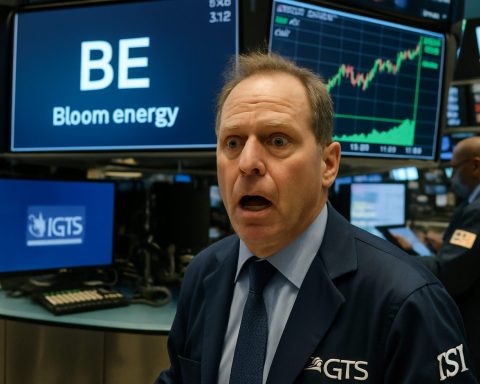Security - Page 27
Security refers to the measures and practices put in place to protect individuals, organizations, or systems from harm, theft, damage, or unauthorized access. It encompasses a broad range of areas including physical security, cybersecurity, and information security.Physical security involves protecting tangible assets, such as facilities and personnel, through controls like surveillance, access control, and security personnel. Cybersecurity focuses on safeguarding computer systems, networks, and data from digital attacks, ensuring the confidentiality, integrity, and availability of information.Information security specifically protects sensitive information from unauthorized disclosure, alteration, or destruction. Security is critical in various contexts, including national defense, corporate environments, and personal safety, addressing threats from internal and external sources alike.Overall, security is about implementing safeguards and strategies to mitigate risks and ensure safety and stability within a given environment.















